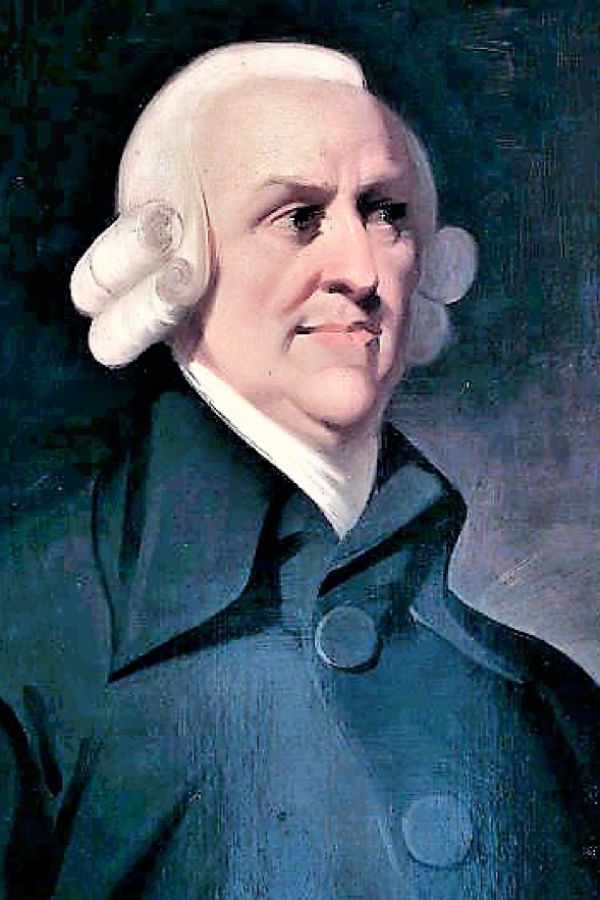
Personal info
Known for
Ultimate Talent
Gender
Male
Birthday
Location
Scotland, United Kingdom
Edit pageAdam Smith
Biography
Adam Smith was born in Kirkcaldy, Scotland, in 1723. His father, a customs officer, died before he was born, and he was raised by his mother, Margaret Douglas, to whom he remained close throughout his life.
Smith showed early signs of brilliance and a love for learning. He attended the University of Glasgow at age 14, where he studied moral philosophy under Francis Hutcheson, who inspired his interest in ethics and political economy. Later, Smith studied at Balliol College, Oxford, though he was critical of the rigid teaching methods there.
Career and Major Works
After returning to Scotland, Smith gave a series of public lectures in Edinburgh, which earned him a reputation as a gifted thinker and speaker. In 1751, he became a professor at the University of Glasgow, teaching logic and then moral philosophy. His lectures covered topics ranging from ethics to jurisprudence and economics, and he became known for his deep understanding of human behavior and social systems.
In 1759, Smith published his first major work, “The Theory of Moral Sentiments,” in which he explored the nature of morality, sympathy, and human interaction. He argued that moral judgment arises from our ability to empathize with others — a foundation for his later economic theories about self-interest and social harmony.
Smith’s most influential work, “An Inquiry into the Nature and Causes of the Wealth of Nations” (1776), transformed the study of economics. In this book, he introduced the concept of the “invisible hand,” suggesting that individuals pursuing their own self-interest unintentionally contribute to the overall good of society through market exchange.
He also explained the benefits of the division of labor, showing how specialization increases productivity and efficiency. Smith strongly supported free trade and limited government intervention, arguing that economic prosperity grows when markets are allowed to operate freely.
Later Life and Death
Following the success of The Wealth of Nations, Smith gained recognition across Europe. He was appointed Commissioner of Customs for Scotland in 1778, a position that gave him financial security and allowed him to live comfortably in Edinburgh. Despite his advocacy for free markets, he understood the importance of ethical governance and social welfare.
Adam Smith died on July 17, 1790, in Edinburgh, leaving behind a legacy that bridged philosophy, economics, and moral theory.
Legacy
Adam Smith’s insights laid the foundation for modern economics and capitalism. He is often called the “Father of Economics” or the “Father of Capitalism”, though his ideas were far more nuanced than simple advocacy of self-interest. Smith believed that markets function best within a framework of morality, justice, and public education.
His influence can be seen in the works of later economists such as David Ricardo, John Stuart Mill, and Milton Friedman, and his principles continue to guide economic thought, policy, and debate around the world.
Conclusion
Adam Smith’s vision of a society driven by both self-interest and moral responsibility remains one of the most powerful ideas in history. Through his profound understanding of human nature and economics, he helped shape the modern world’s understanding of prosperity, freedom, and the role of government. His legacy endures as a cornerstone of both economic theory and ethical philosophy.